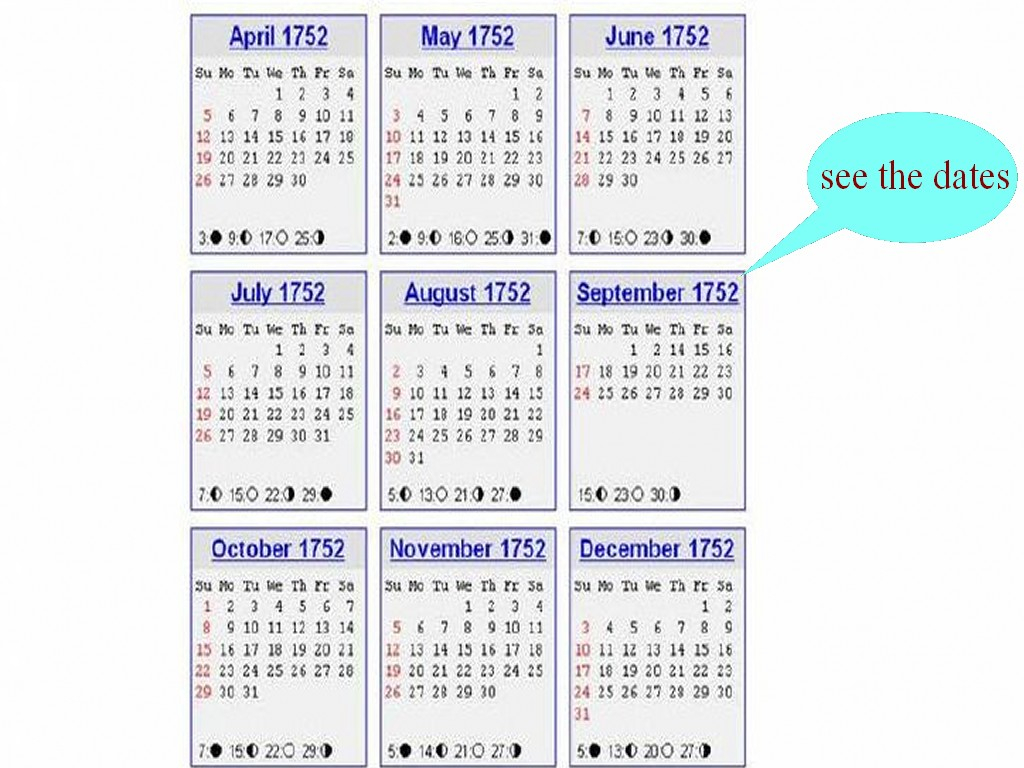In September 1752, the Gregorian calendar reform was implemented in the British Empire and its American colonies, including what is now the United States. The Gregorian calendar was introduced by Pope Gregory XIII in 1582 to correct the inaccuracies of the Julian calendar. One of the main changes in the Gregorian calendar was the adjustment of the leap year rule, which resulted in a more accurate calculation of the length of the year.
As a result of the calendar reform, the date September 2, 1752, was followed by September 14, 1752, in order to realign the calendar with the solar year. This adjustment was necessary to bring the calendar in line with the seasons and ensure that religious feast days were celebrated at the correct time of year.
Calendar For September 1752.
Significance of September 1752
September 1752 holds historical significance as it marks the transition from the Julian calendar to the Gregorian calendar in the British Empire and its colonies. The implementation of the Gregorian calendar had a direct impact on the daily lives of people, as it affected the way dates were calculated and recorded. The 11-day adjustment in September 1752 was met with some resistance and confusion among the general population, but ultimately led to a more accurate and consistent system of timekeeping.
Today, the Gregorian calendar is the most widely used calendar system in the world, with most countries adopting it as their official calendar. The calendar for September 1752 serves as a reminder of the importance of accurate timekeeping and the role of calendar reforms in shaping our understanding of time.
Legacy of the Gregorian Calendar
The Gregorian calendar reform of 1752 had a lasting impact on the way dates are calculated and recorded. The adjustment made in September 1752 continues to be reflected in the way dates are displayed in historical records and documents from that time period. The Gregorian calendar’s more accurate calculation of the length of the year has become the standard for modern-day timekeeping, ensuring that important events and holidays are celebrated on the correct dates.
As we look back on the calendar for September 1752, we are reminded of the importance of calendar reforms in maintaining the accuracy and consistency of our timekeeping systems. The legacy of the Gregorian calendar reform continues to shape the way we measure and organize time, highlighting the significance of historical events such as the adjustment in September 1752.
